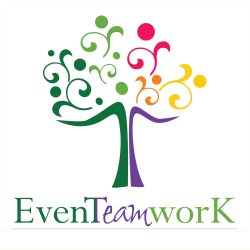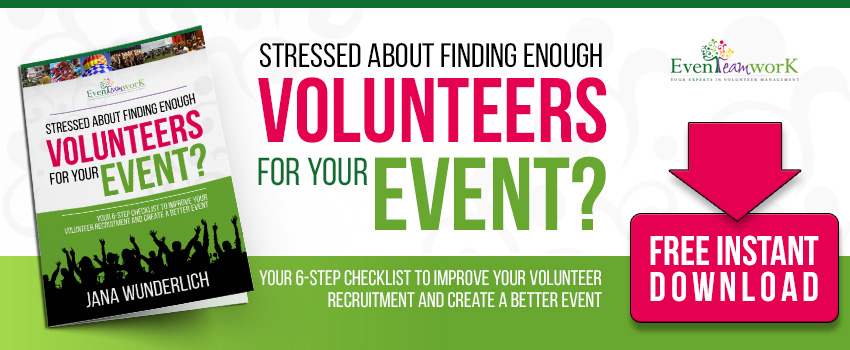We see varying levels of system approaches and people centric approaches in volunteer management. One approach is relying on a volunteer management system (software) to solve the recruitment problem, the other is reluctance to use a system out of fear to lose the connection with volunteers. I believe the solution is a combination of a system approach AND people centric leaders to run a volunteer program effectively.
We often get asked one of the following two questions “Why do I need a system, I am just fine doing the rostering in my head?” and “How much is it to use your database?” Then the other day I listened to a podcast where an accountant spoke about their service and the impact of accounting software on the service they provide. Now everyone can basically do their own accounting but it doesn’t replace the service that is provided by professional accountants. I could see so many parallels to volunteer management in event and community organisations.
Seven years ago when we started Eventeamwork there were very few volunteer management systems on the market. Back then volunteer management typically involved many manual tasks around rostering and communication, particularly for volunteer programs involving hundreds of people over multiple days. These days there are literally hundreds of software solution to assist with database management and rostering on the market and there are more appearing every other week.
The search for efficiency and automation is changing the volunteer management field just like in the accounting profession. The system is really important to assist with the manual tasks, avoid errors and provide a better and faster registration experience for people. Coordinators save time and do their jobs more efficiently. They can now concentrate on planning and improving the volunteer program, focussing on communication and engagement, all of which will make the program more effective.
However the thread of having a system, particularly if it includes automation such as automatic confirmations and reminder messages, self-scheduling, self check-in etc, it can also be easy to lose touch with your volunteers. Where previously there would have been many emails and phone calls to determine availability and confirming rosters, we now need to find other ways to stay connected and have real communications.
Engagement is important and can get lost in the process of relying too much on the system. This unfortunately results in low attendance and low retention rates. The missing engagement and connection also contributes to volunteers at times being seen as a commodity rather than a valuable team member.
Interestingly the system approach is often experienced in event volunteer programs, whereas volunteer coordinators in community organisations tend to be fully aware of the importance of the engagement piece and the organisations often shy away from systems.
Just like in the accountant example, volunteer management systems cannot replace a volunteer coordinator. They cannot replace the building of relationships and connections between people and organisations. However systems can indeed add convenience and efficiency to the profession that allows volunteer coordinators to focus on planning and improvement rather than being bogged down by manual tasks.
As with everything, it’s about finding the right balance.
An effective volunteer program combines system and people centric leadership
While a good system helps volunteer coordinators be more efficient, to be able to really engage people and to retain people over time we need to go beyond systems. Engagement is key to achieving positive outcomes for organisations. Creating positive experiences for volunteers and engaging them in the outcomes will have a ripple effect on creating positive experiences for clients or attendees.
Volunteer management is more than allocating bodies to positions and the aspect of managing people, having conversations, ensuring well-being and satisfaction cannot be replaced by even the greatest systems.
Your engagement determines your culture, it is how you interact with staff, volunteers and people in general. Your culture will determine if your organisation can reach a competitive advantage. Anyone can replicate products and services. Anyone can get a volunteer management system but it’s what you do with it that will make all the difference. Nobody can replicate your unique culture.
So yes, systems are great in making our life easier and saving time on manual tasks but considering people and engagement will set you apart.








